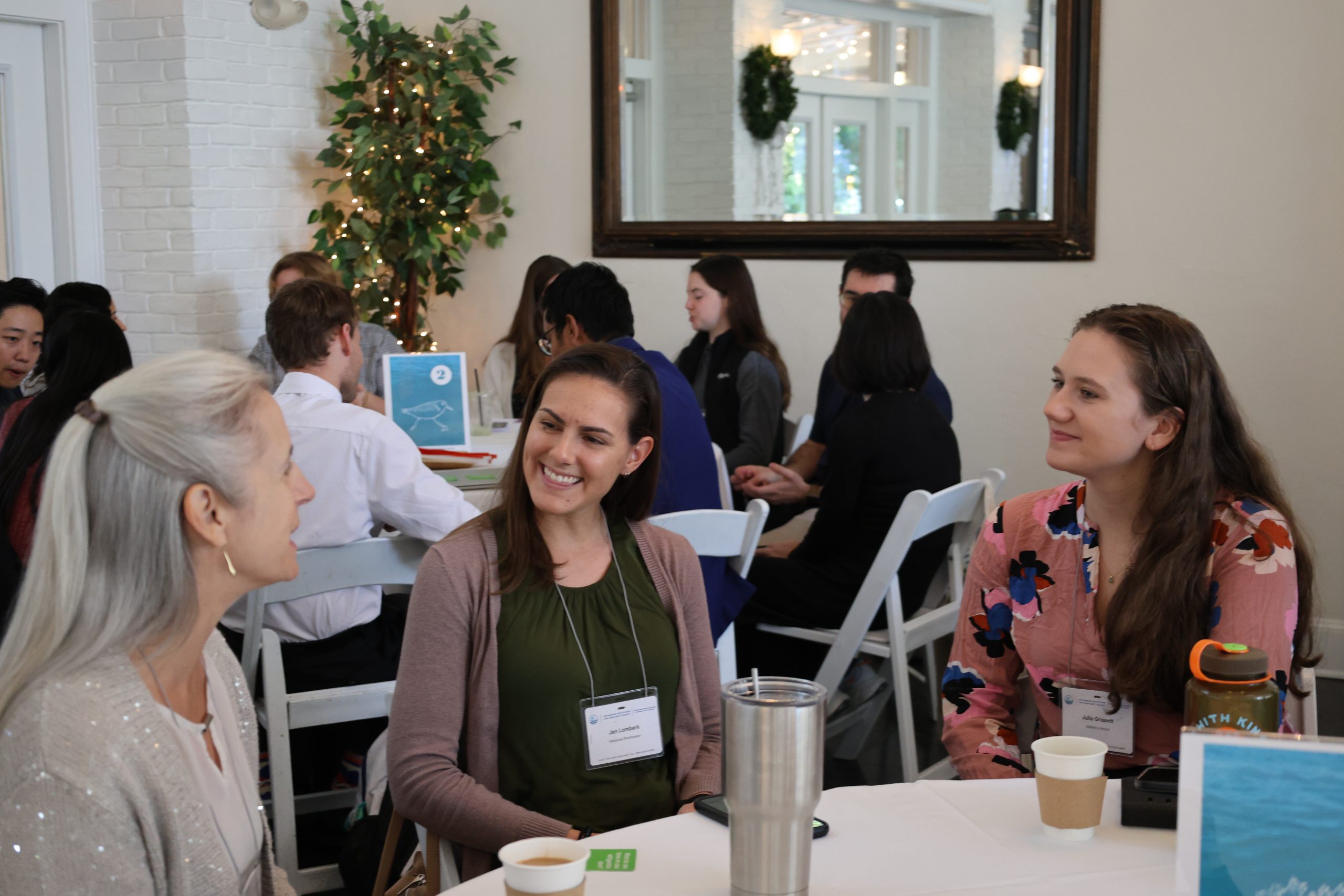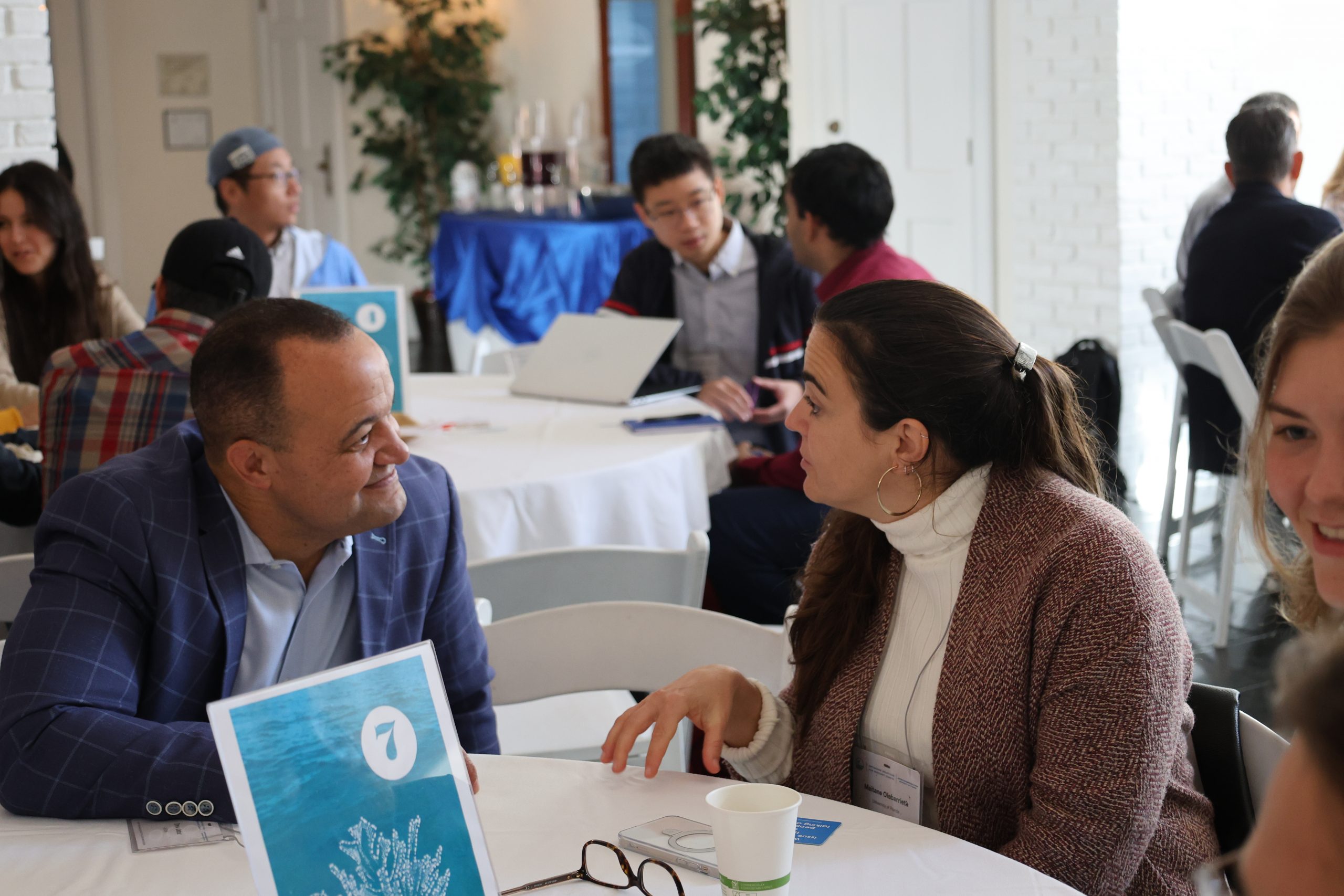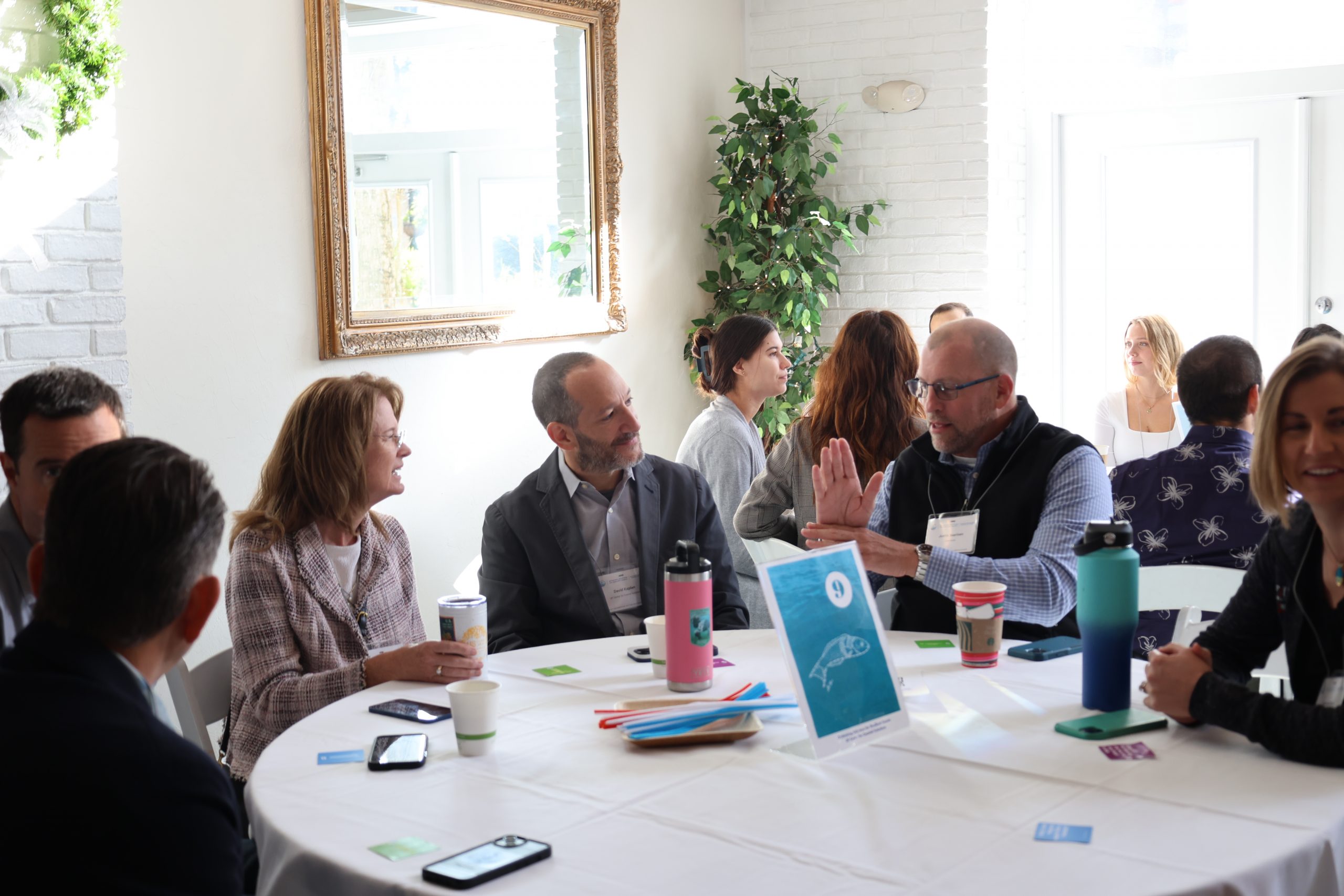Mark Osler is an advocate of telling conservation success stories that inspire hope and encourage others to take action. In a keynote talk at the CCS’ Optimizing Solutions for Resilient Coasts summit on December 1, Osler, senior advisor for coastal inundation and resilience at the National Oceanic and Atmospheric Administration (NOAA), shared examples of environmental successes such as the ongoing recovery of the Earth’s ozone layer due to an international agreement reached in 1987 to restrict the use of ozone-depleting gases in the atmosphere.
Participants get to know each other during a game of “We and Me.” (Photo credit: Samantha Jones)
Enabling Florida and the nation to be “weather ready” will take optimism as well as innovative partnerships that span sectors and training programs that help workers develop the tools, skills and knowledge they will need to manage rapidly evolving climate-related risks. This is especially important in Florida, where “coastal issues are economic issues,” noted Osler. The state has nearly 17 million coastal residents, 8436 miles of coastline, and an annual GDP of 30.2 billion for the marine economy. Florida has also had $25 billion worth of disasters since 2018.
The state’s economic and coastal resiliency efforts benefit from multi-sector collaboration and support from federal agencies like NOAA. For example, the National Coastal Resilience Fund, administered by the National Fish and Wildlife Foundation, and funded primarily by NOAA, invests in conservation projects across the country to restore or expand natural features that minimize the impacts of storms and other naturally occurring events on coastal communities. The city of Jacksonville, fox example, received a grant from the fund to clean up and restore McCoys Creek.
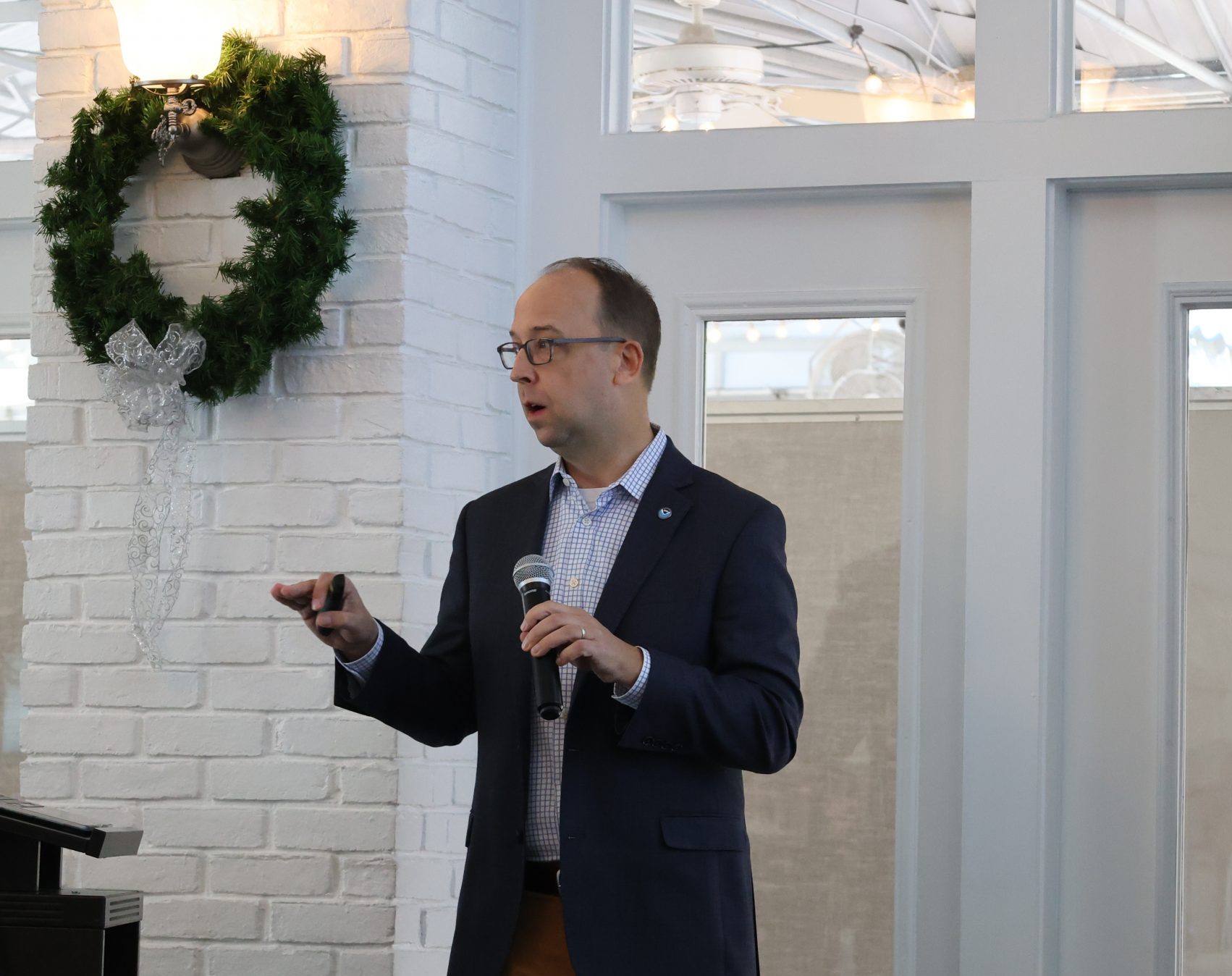
Engineering With Nature® Partnerships for Resilient Communities
In addition to funding, federal agencies like the U.S. Army Corps of Engineers (USACE) work directly with academic institutions, industry and nonprofits on coastal resilience projects, through programs like Engineering With Nature® (EWN). EWN National Lead Jeff King, Ph.D., highlighted the program’s focus on innovating and scaling up nature-based solutions for community resilience, working with partners like the Center for Coastal Solutions across the country. The exponential growth of the Network for Engineering With Nature (N-EWN), a multi-sector collaboration, promotes a free flow exchange of information and best practices, and provides experiential and interdisciplinary learning opportunities for students in higher education.
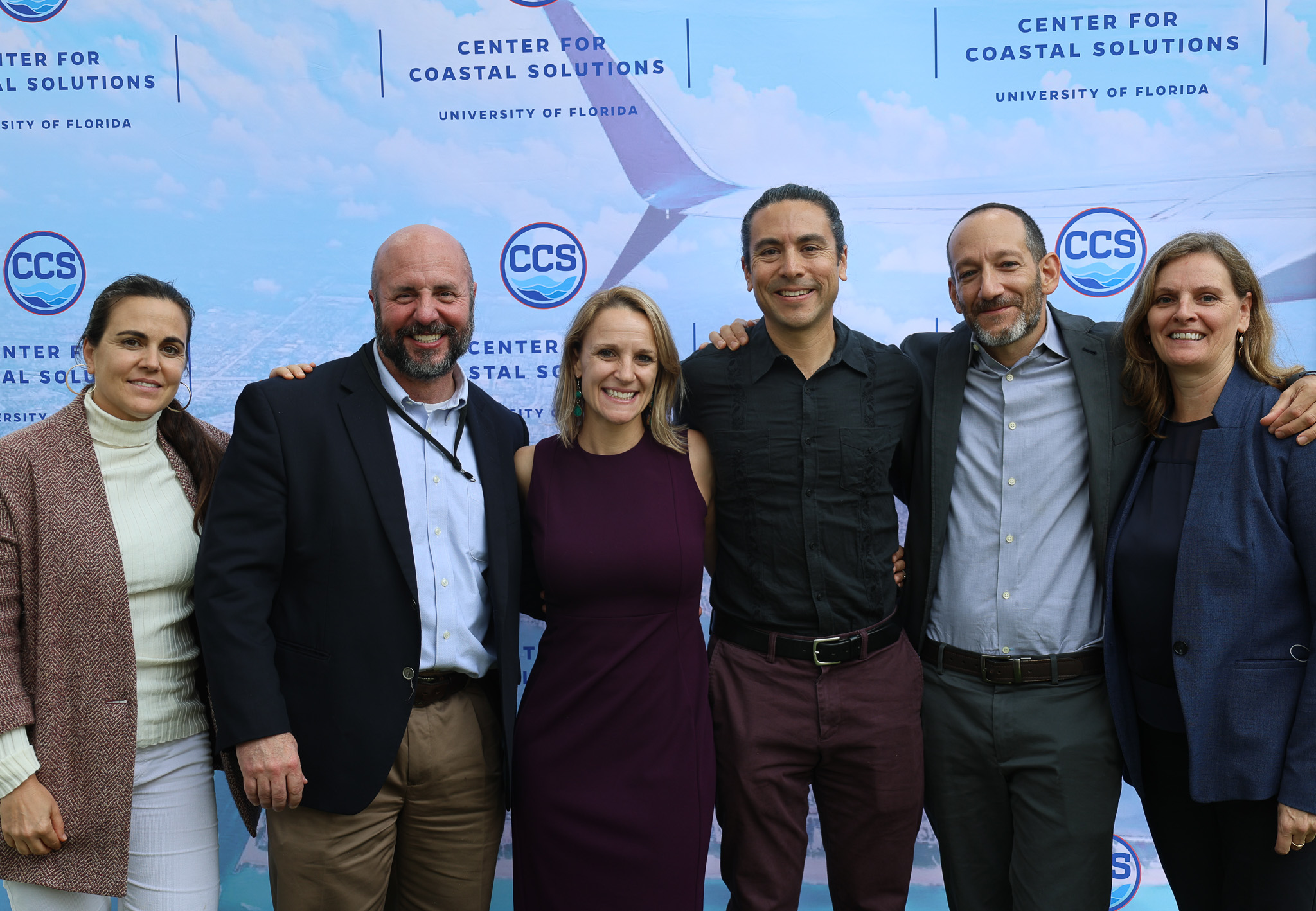
Other speakers included AECOM’s Vice President Lauren Swan, who leads REEFENSE, a project to build and deploy a coral reef-mimicking structure that provides immediate protection from waves and is also self-building, self-repairing, and adaptive to climate change. UF’s Interim Provost Scott Angle, Ph.D, recapped the university’s recent spate of strategic investments to spur AI applications in interdisciplinary research and technology development. CCS director Christine Angelini shared a sneak peak of one of these flagship projects, Florida’s Digital Twin, a new cross-campus project to deliver AI-accelerated decision support to address some of the state’s environmental, health and social challenges, which holds promise of becoming a future success story.
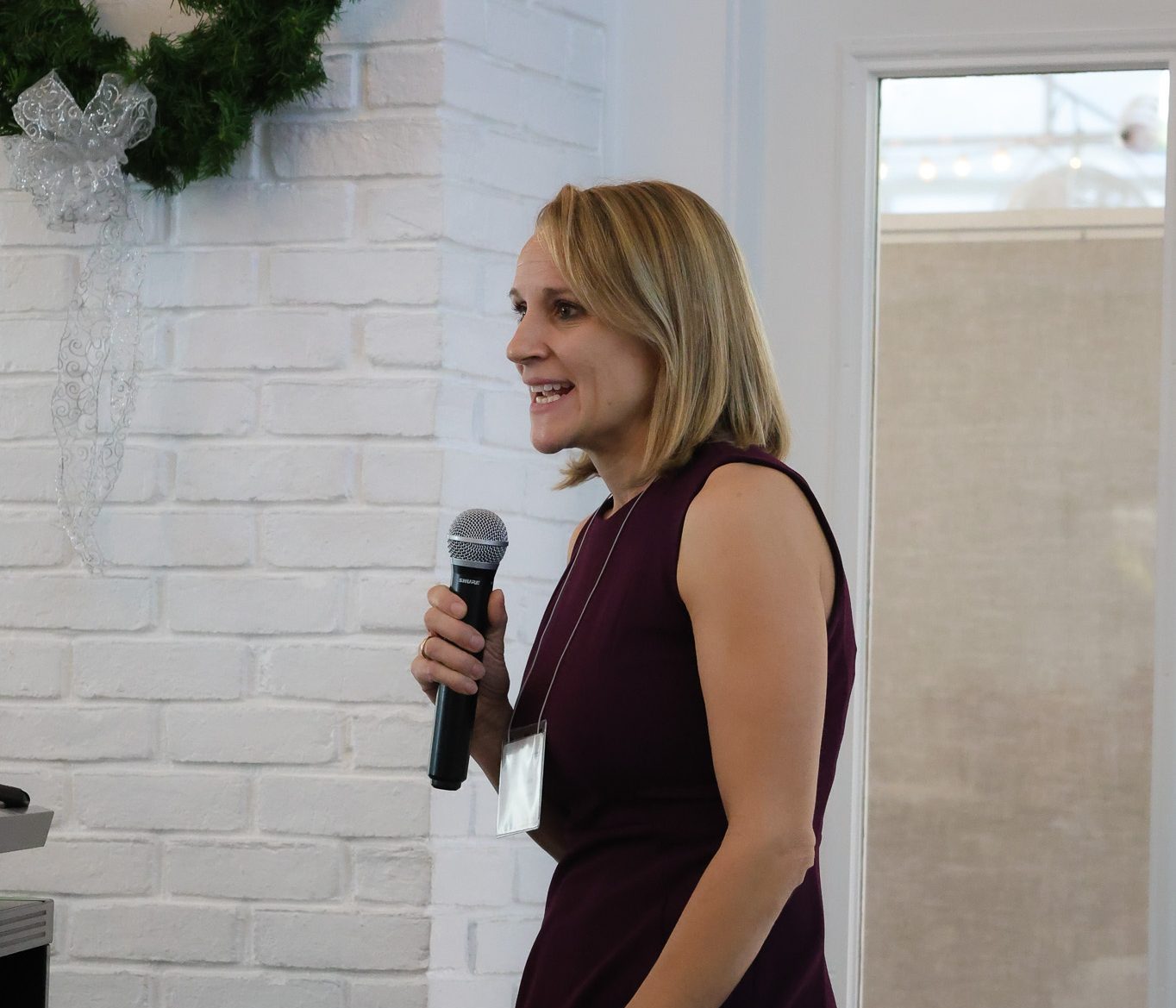
“With a theme of Optimizing Solutions for Resilient Coasts, the CCS summit brought together public and private sector experts, with impressive UF researchers all dedicated to developing and delivering solutions to threats and challenges faced by coastal communities in Florida and throughout the world,” said Drew Jeter, member of the CCS advisory board and global program management chief executive of AECOM.

